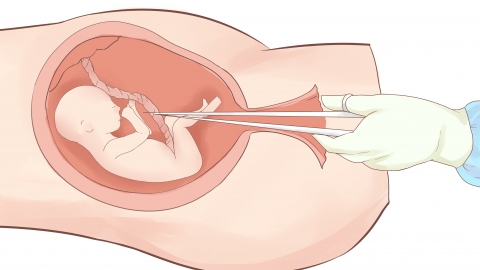Does mid-term induced abortion affect fertility?
Generally speaking, whether mid-term labor induction affects fertility needs to be determined according to specific circumstances. If infections or other complications occur during the induction process, fertility might be affected; however, if the induction procedure is successfully performed without complications, it usually does not impact fertility. Detailed analysis is as follows:

Mid-term labor induction refers to artificially inducing uterine contractions to terminate a pregnancy between 14 and 28 weeks of gestation due to maternal or fetal health concerns. If complications such as infection, hemorrhage, or cervical or uterine injuries occur during the induction process, conditions like cervical adhesions or intrauterine adhesions may develop. If improperly managed, these conditions can lead to infertility. Additionally, inadequate recovery after induction may result in endometritis, pelvic inflammatory disease, or other conditions that can cause fallopian tube blockage and affect future pregnancies.
If the labor induction procedure is successful and no complications arise postoperatively, a woman's fertility may remain unaffected. Following mid-term labor induction, it is important to ensure adequate recovery and post-operative care, including sufficient rest, balanced nutrition, prevention of infections, and maintenance of healthy lifestyle habits to avoid complications. Additionally, regular follow-up appointments should be conducted as directed by a physician to promptly identify and manage any potential issues.
Mid-term labor induction can have significant physical and psychological effects on women. Therefore, prior to deciding on induction, individuals should fully understand the associated risks and potential impacts, and make informed decisions. If induction is decided upon, the procedure should be performed at a reputable hospital by qualified and experienced medical professionals to minimize the risk of complications.







